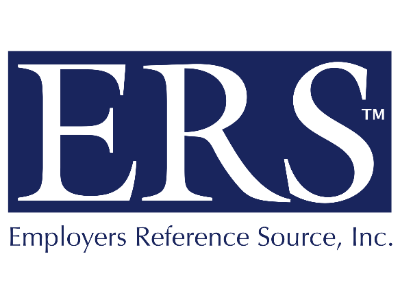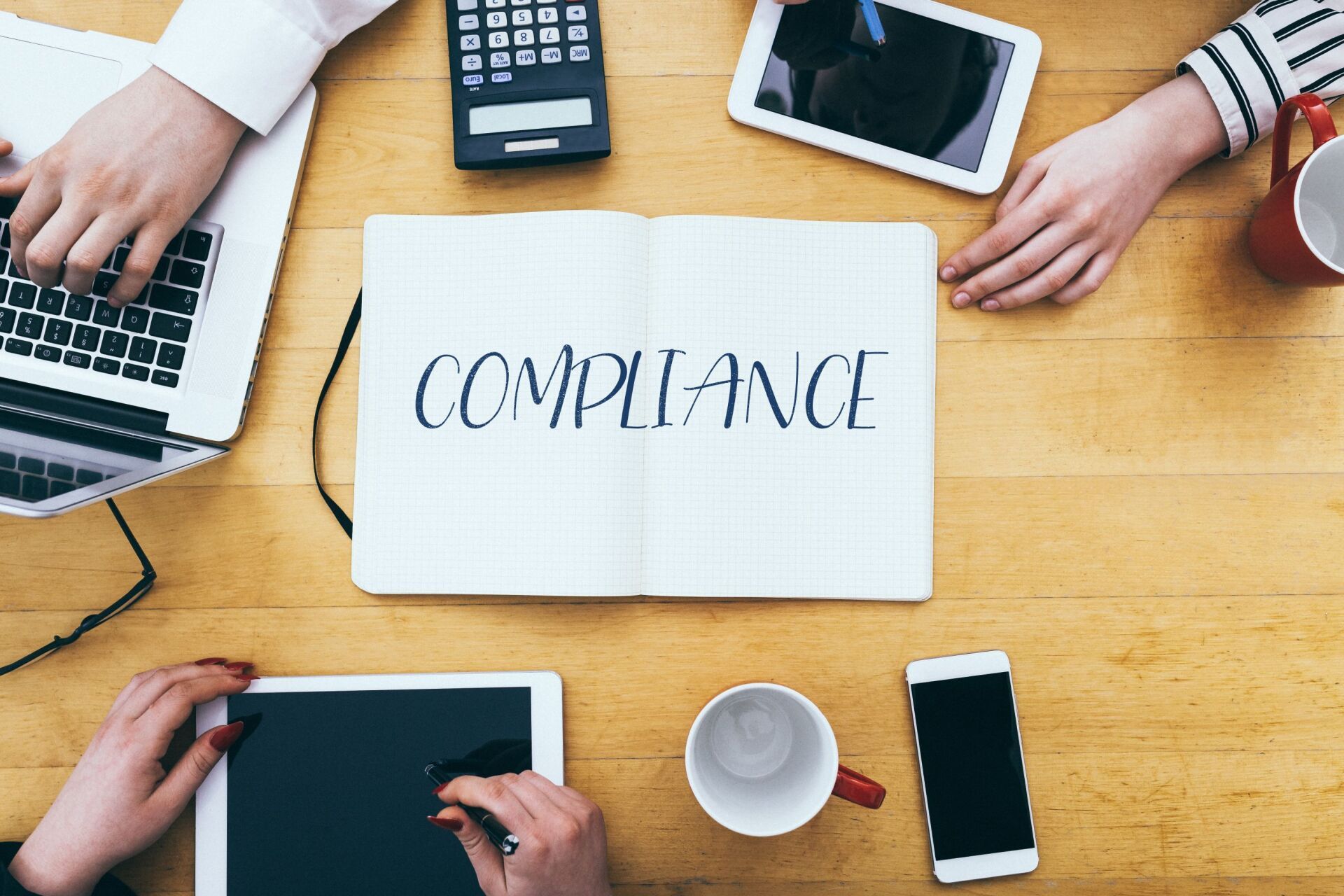Choosing Not to Hire Based on Background Screening Results: What You Need to Know
Naturally, the primary reason most employers perform background screenings on job candidates is to inform their hiring decisions. Ideally, these checks simply verify the information a potential hire has provided and create a fuller picture of that candidate. Unfortunately, when a background screening turns up negative or conflicting information, it can encourage you to reject that individual. Making that decision based on background screening details can be a smart choice, or it can make a company vulnerable to legal action and liability.
When Can You Choose Not to Hire Based on Background Screening Results?
In general, the choice to not hire an applicant depends on which screenings have undesirable results and how those results relate to the job in question. Because job applicants are protected by fair employment and other legislation, including the Fair Credit Reporting Act and the Drivers Privacy Protection Act, any hiring decisions based on background screening details may warrant the advice of legal counsel. Here are some considerations to help explore these decisions.
Failed background screenings must have a relationship to the job in question to be the basis for denying employment.
It's generally fine to reject an applicant when a background screening result conflicts with job duties, but not when there's no clear relation between the result and requirements of the position. For example, a poor driving history may not matter so much for a job in marketing, but is critical for a transit driver.
Meeting legal requirements may mean choosing not to hire.
Many industries have specific legal requirements of employees, primarily to promote safety in the workplace and for the customers, clients, and others with whom the employees interact. Familiar regulations include clearances for employees working with children and the elderly, in the healthcare industry, or in positions requiring security clearances. Negative results in these cases represent a fairly clear choice to not hire.
Criminal records alone are generally not enough to justify a decision to not hire.
Job applicants with criminal records are increasingly common, and laws concerning when hiring decisions can be based on those records alone change frequently. Requirements for when criminal records can be considered, and which ones are allowed, also vary among jurisdictions.
Following Adverse Action Compliance
If you have made the decision to not hire an applicant based on information you received from a background screening report, the Fair Credit Reporting Act (FCRA) requires you take certain steps. You must:
- Provide the applicant with a copy of “A Summary of Your Rights Under the Fair Credit Reporting Act” you received from the company who issued the report along with notice that includes a copy of the report itself.
- Allow the applicant to provide additional information to you about anything negative on the report.
If you still choose not to hire, you are required to tell the employee verbally, in a letter, or in an email that you have rejected the application based on the report. You then must:
- Provide the name, address, and phone number of the company that issued the report.
- Clarify that the report-issuing company is not responsible for the hiring decision and can not comment on the reasons behind it.
- Let the applicant know that they can dispute the report and receive a free additional report from the same company within 60 days.
At Employers Reference Source, Inc., our expert team can provide the background screening services you need to make the most informed hiring decisions. Contact us today to learn more about our full screening capabilities.










